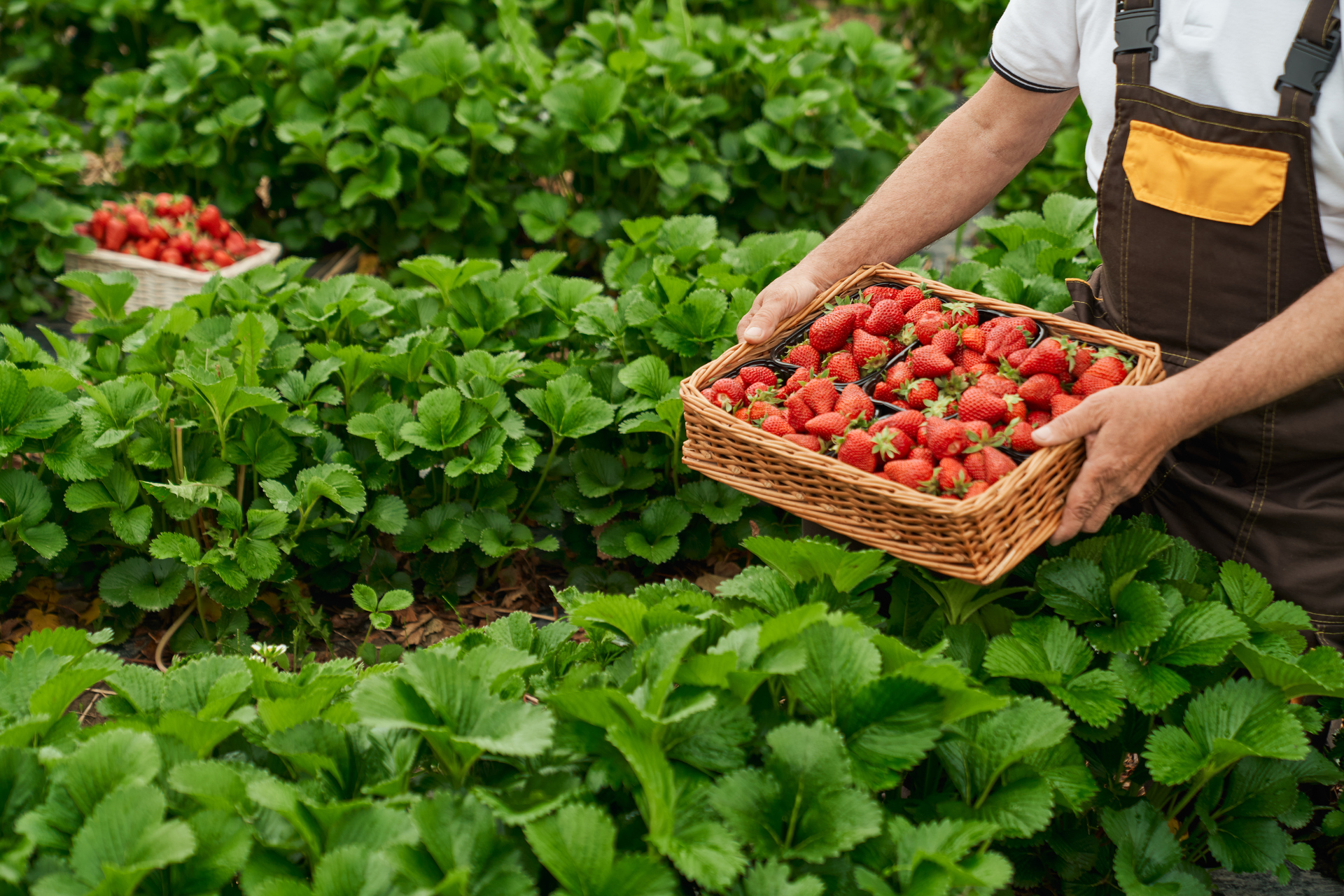[TV NOVA S] Urgent adoption of a law on seasonal workers in tourism, construction, hospitality, household works needed
A new law is being prepared to regulate the employment of seasonal workers, covering a larger number of workers and activities than the existing law, which has been criticized by independent labor law experts.
Violeta Jovanović, NALED Executive Director, as a guest in Dnevnik on TV Nova S, pointed out that all the proposals made in these and other regulations are based on exact data, analyses, as well as on dialogue with the people to whom this regulation applies, and that this delay caused damage to that target group.
- They are engaged in various jobs in the sectors of agriculture, tourism, domestic help, construction, which would be covered by the new law. Most often they are engaged informally, which means that they work illegally, that they cannot exercise their rights based on their work, that, if they want to be registered, they are denied other social rights that they do not want to give up for the sake of a few months of work a year - Jovanović explained, adding that the new bill took into account all those needs.
Responding to the criticism directed at this reform at the expense of the position of workers, she pointed out that all rights, including the right to sick leave, rest, and limited working hours, are in accordance with the law.
- It is clearly stated that all these rights are guaranteed, from the fact that the contract is recorded in the system to all other rights based on employment, along with retaining of social rights, the employment record, insurance in case of injury at work. According to the data, during the three years of implementation of simplified engagement of seasonal workers in agriculture, the number of workers engaged in that sector informally was halved. More than 30,000 people are engaged annually in these jobs completely legally - stressed Jovanović.
Speaking about the situation of public procurement in the country, she pointed out that NALED has been engaged in this area for a long time, from the moment of the adoption of the new law and the establishment of the electronic procedure, by stressing the existing shortcomings and proposing constructive solutions, adding that there have been visible improvements in this field.
- When a law is passed or software is created in a certain area, it is considered that the work is over, but the work is yet to come. We actively monitor the application of regulations, perform research with bidders and clients. What really worries us is that for 95% of procurements, price is the only criterion for awarding contracts, and in more than half of procurements we have only one offer. The remedy is to work systematically on the implementation of the law that has been passed, to apply the rules that indicate the way of evaluating offers of architectural, programming and consulting services. We should work to ensure that the price is not the only criterion and to monitor the implementation of the contract, which is very important - said Jovanović.
You can watch full content at the link



